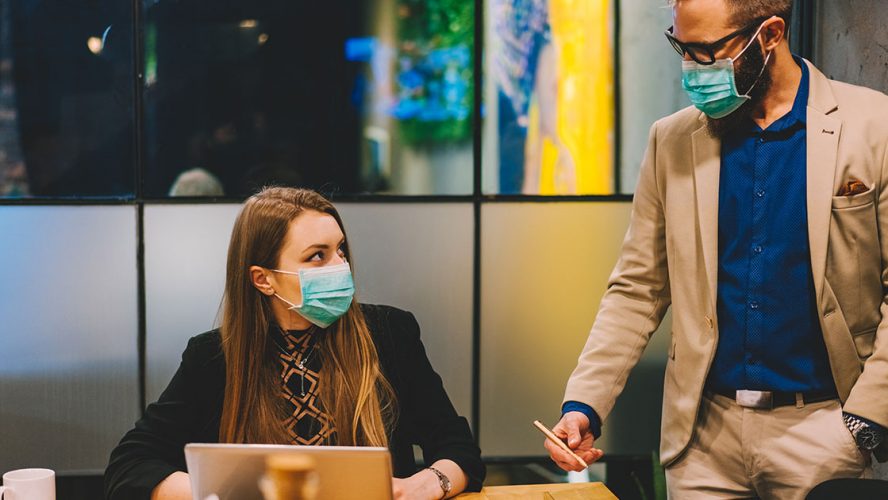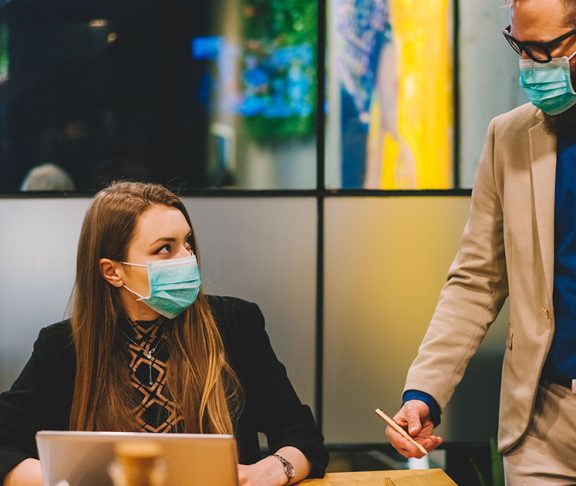Katrina Helmkamp, President and CEO of the Cartus Corporation, looks ahead to a post-lockdown world and how technology has changed the workplace at Cartus.

Katrina Helmkamp
President and CEO, Cartus Corporation
How do you feel the workspace is going to change once companies return to the office?
Based on our own plans and our clients’ plans, we foresee having regional headquarters in addition to worldwide headquarters. Taking safety into account, headquarters will be redesigned to focus more on collaboration space, with “hoteling” options for individual workers coming into the office for the day. Manufacturing plants and distribution centers have already implemented new layouts and safety protocols, and they will continue to increase automation options to further support safe distances for their associates. Cartus also plans to be creative in renting indoor or outdoor venues for occasional team-building events.
Describe how technology has changed the scope of your organization.
Corporate-paid relocations, whether domestic or global, naturally require the tight coordination of a myriad of services to make the move seamless for a new hire. While still offering a “personal touch” and advocacy, Cartus has deployed innovative technology to provide 24/7 support and guidance when relocating employees. There is also a centralized mobility hub used by HR managers overseeing hundreds to thousands of transferees and assignees.
We have also leveraged our historical data on millions of moves into predictive analytics to anticipate and solve issues before they occur. Technology is also automatically completing some repetitive tasks for our relocation consultants, allowing them to focus more of their time on providing trusted guidance and counseling to the relocating employee and their family.

